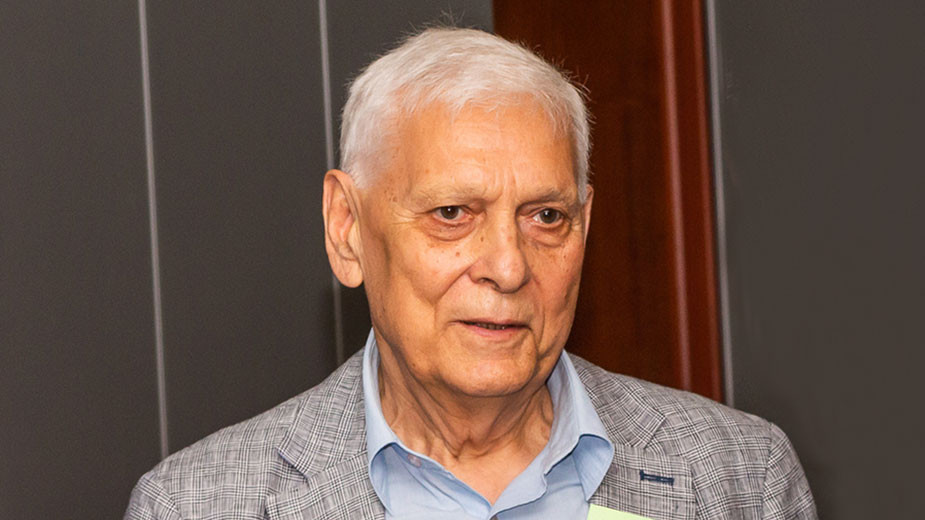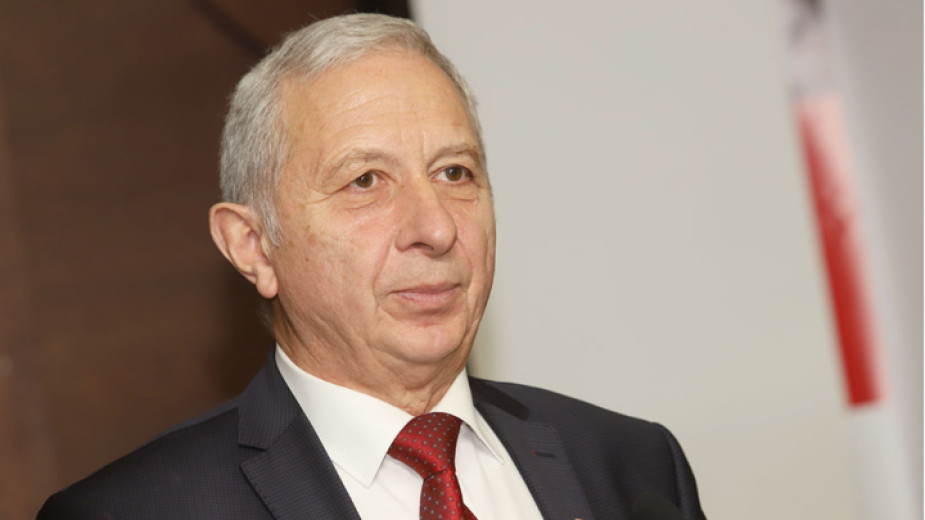After the latest in a string of parliamentary elections, Bulgaria once again faces an equation with many unknowns. Is there going to have a government? Is it going to be stable? Is it going to live up to public attitudes?
One thing is certain: that a government should be formed, and that it should be a functioning government. With the numerous political narratives, the pre-election promises and even threats, politicians seem to be forgetting the connection with voters. It is as if they forgot to ask them what their expectations are of a future government. So, it may not come as a surprise that one of the parties – the radical nationalist Vazrazhdane, which, at the previous election barely cleared the electoral threshold, now came fourth.
“Accountability gets mixed with emotion and it is very difficult to find the balance between the two,” says, in an interview for the BNR Prof. Ivaylo Znepolski, a philosopher, culturologist and former minister of culture. Bulgarians tend to wait for a “messiah” to come and save them, and have, in the process, lost faith in politicians:

“Society was expecting some kind of change in political culture,” Prof. Znepolski says. “People were expecting more civilized relations, an end to the bickering, to the insults. That did not happen - some of the parties are new and they are very much concerned with creating an identity of some kind. So, they try to build it up by setting down demarcation lines and by denouncing others. Not to mention a lack of experience in governance and no contact with what people on the ground need or want. Chronologically speaking, such formations pop up periodically, and that is one of the reasons why a genuine political domain cannot be formed.”
The question is whether after this latest election, politicians have come to realize how important unification and a stable government is to Bulgarians. Especially now, with Russia’s war in Ukraine, the economic and political crisis, this is not the time for bickering or for setting down “red lines”.

Even if a government is formed, many analysts are skeptical in their predictions. “I am expecting there to be a regular cabinet though I cannot promise it will survive through its entire term of office,” Prof. Ognyan Gerdzhikov says in an interview with bTV. “Unfortunately, it is highly likely that come spring, we are going to move towards the next election.” And the reason:
“Party selfishness takes the upper hand in Bulgaria, overshadowing genuine national interests and with every party trying to grab a bigger slice of the pie, a coalition will totter,” Ognyan Gerdzhikov says. “Voters want a stable administration, but it will be very difficult for these parties to work together on a long-term basis.”
First political after the election:
Compiled by Darina Grigorova
Photos: pexels, BGNES, minaloto.bg
The decision for Bulgaria's full membership in the Schengen area from the beginning of 2025 is a historic event both for the country and for relations with neighboring EU countries – Romania and Greece. What is the defining event in..
Making sense of the events from one whole year succinctly is, without doubt, a challenge, especially if we are talking about politics. The early elections for parliament, that have become something of a tradition in this country, took voters to the..
Romania closes dozens of border check points as of 1 January In connection with its full accession to the Schengen area, as of 1 January, 2025, Romania is closing more than 30 border check points on its borders with Bulgaria and Hungary, Radio..
On February 15 and 16, the Bulgarian Socialist Party (BSP) is holding its 51st Congress. Interim Chairman Atanas Zafirov is expected to present a report..

+359 2 9336 661
